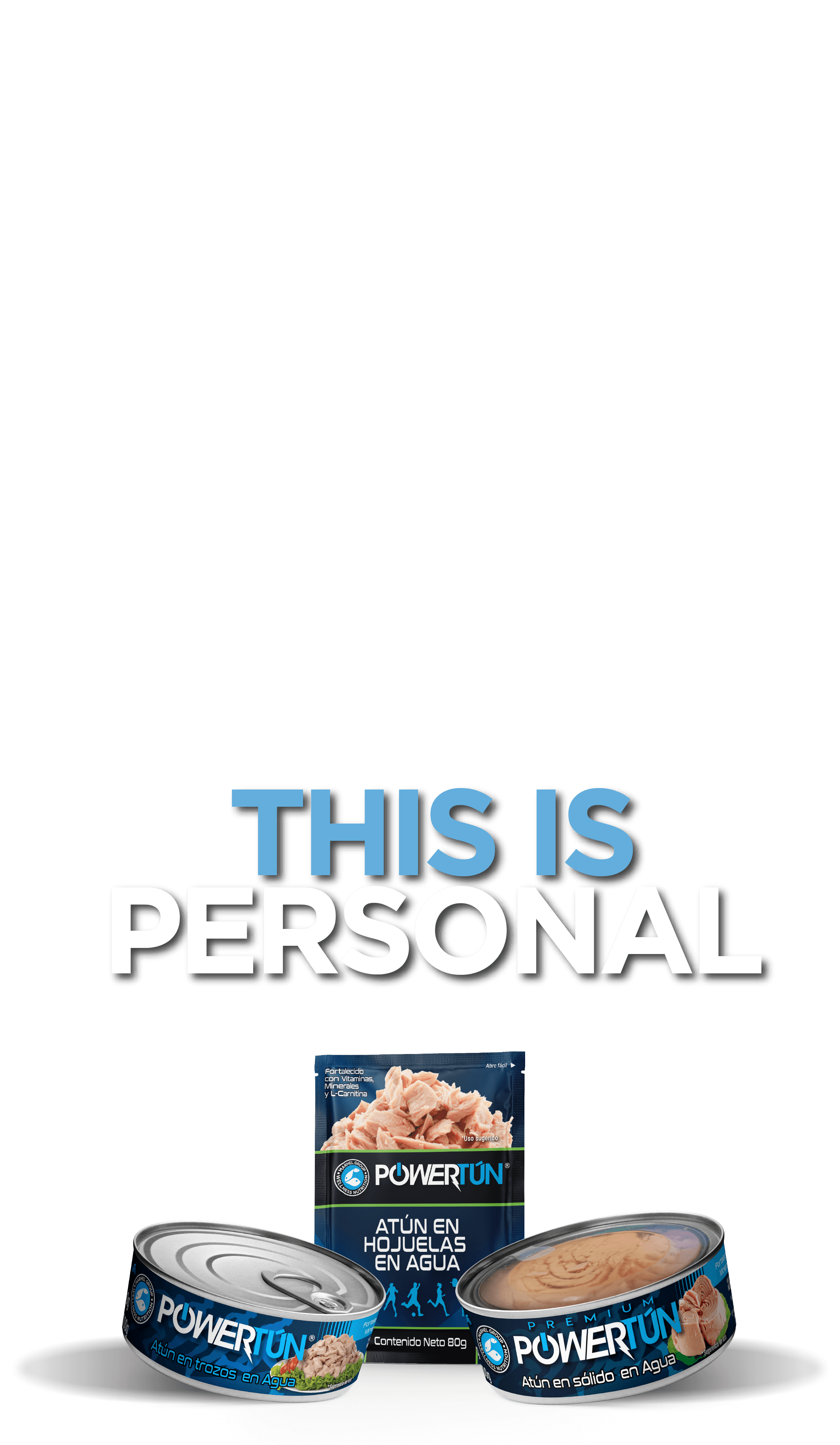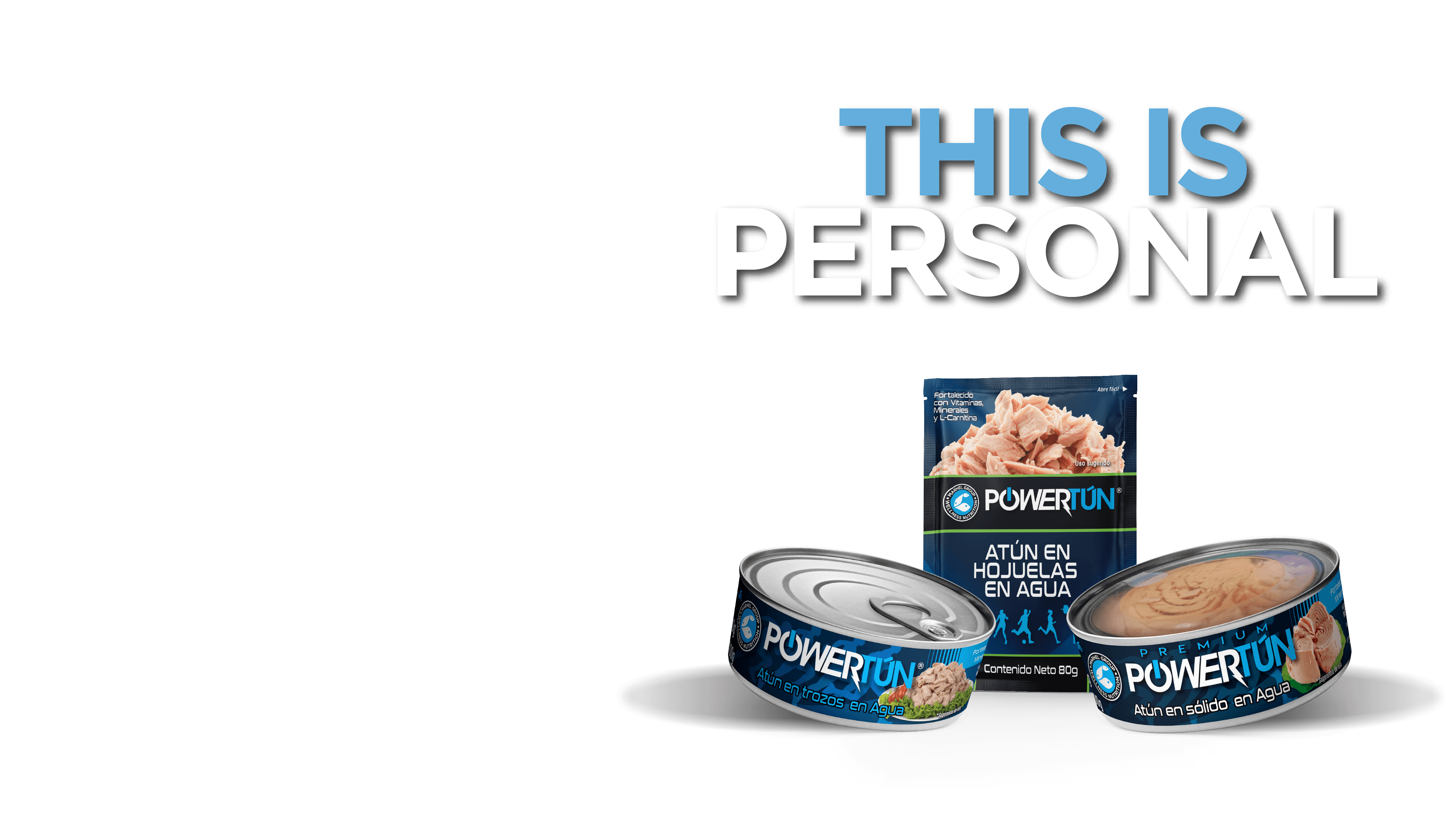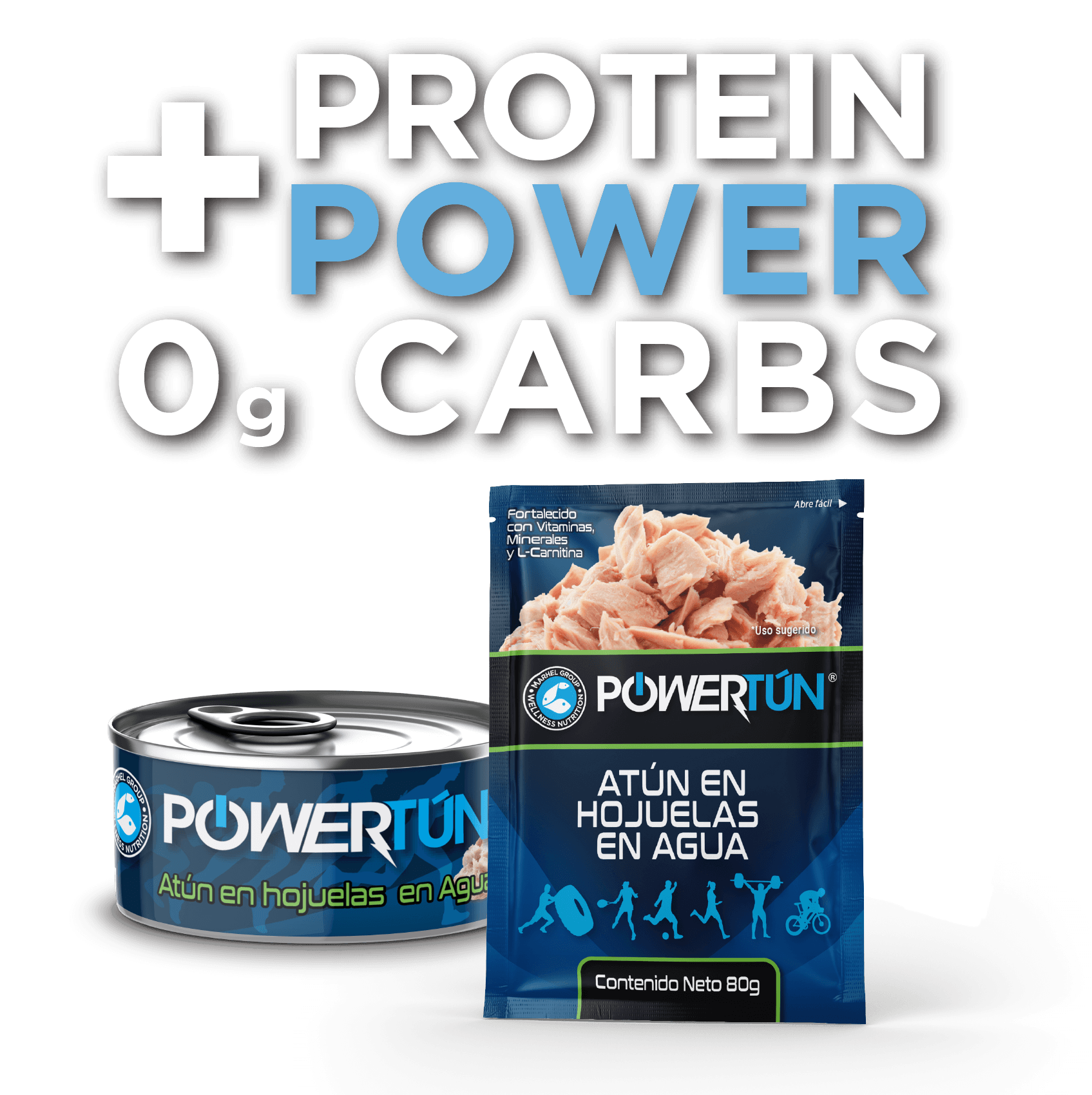
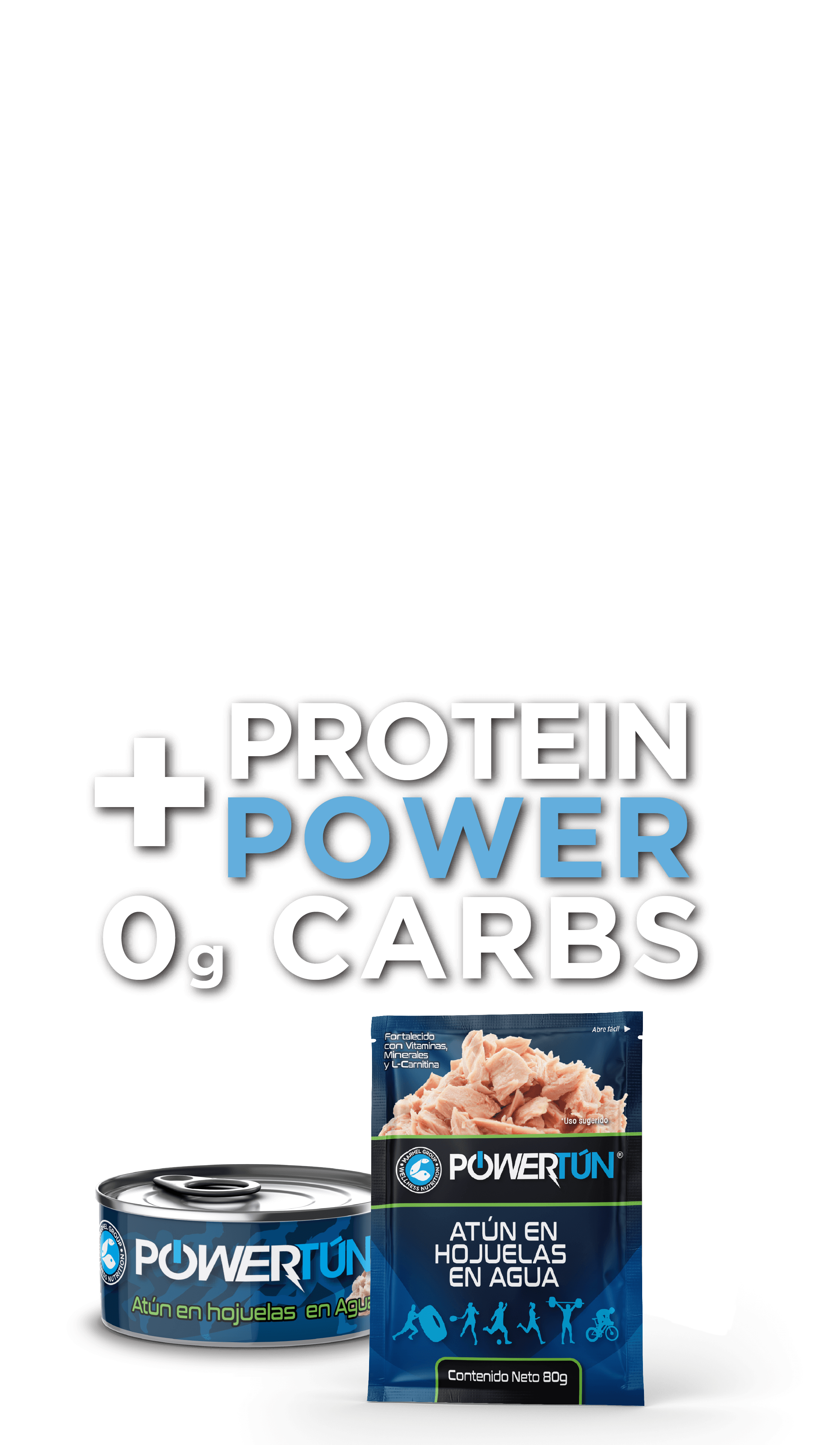
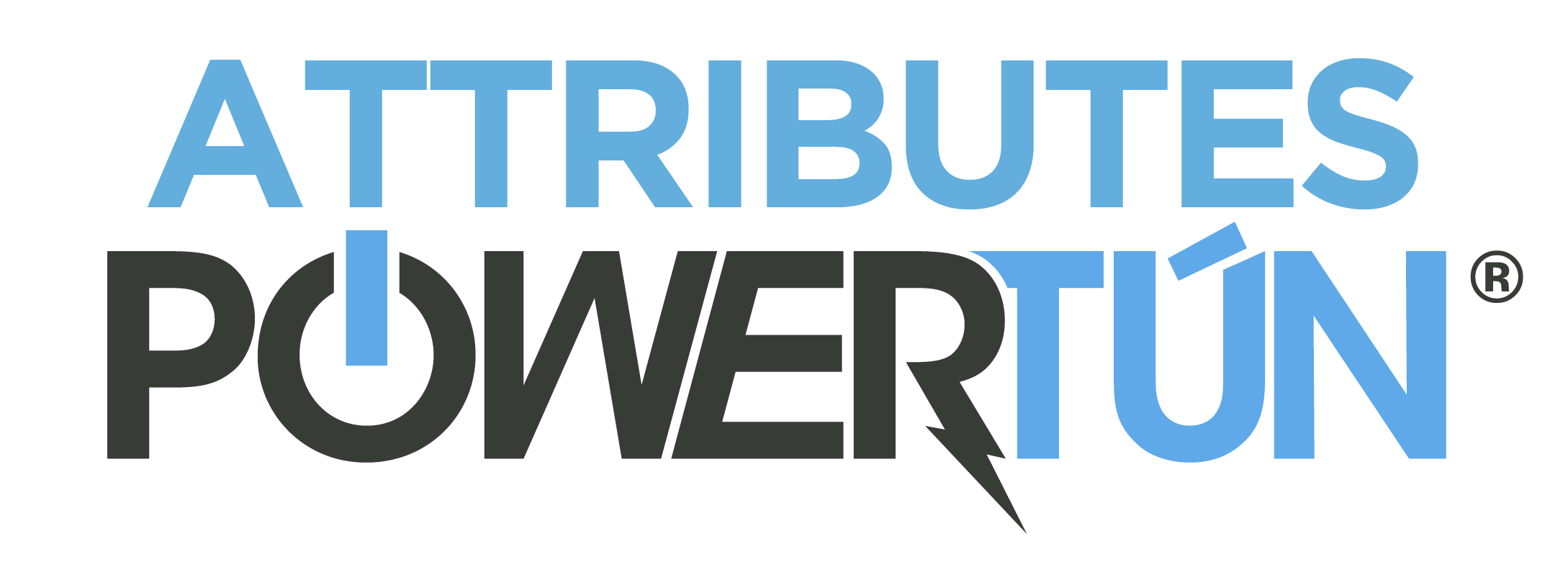
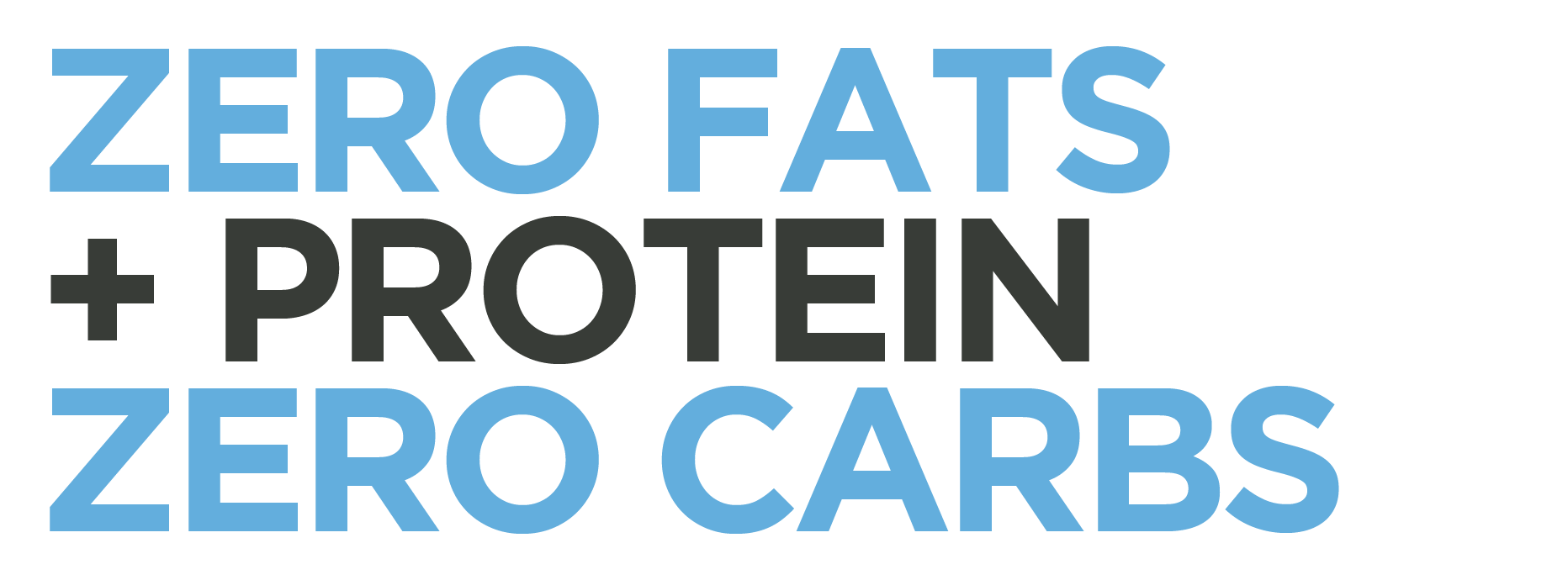
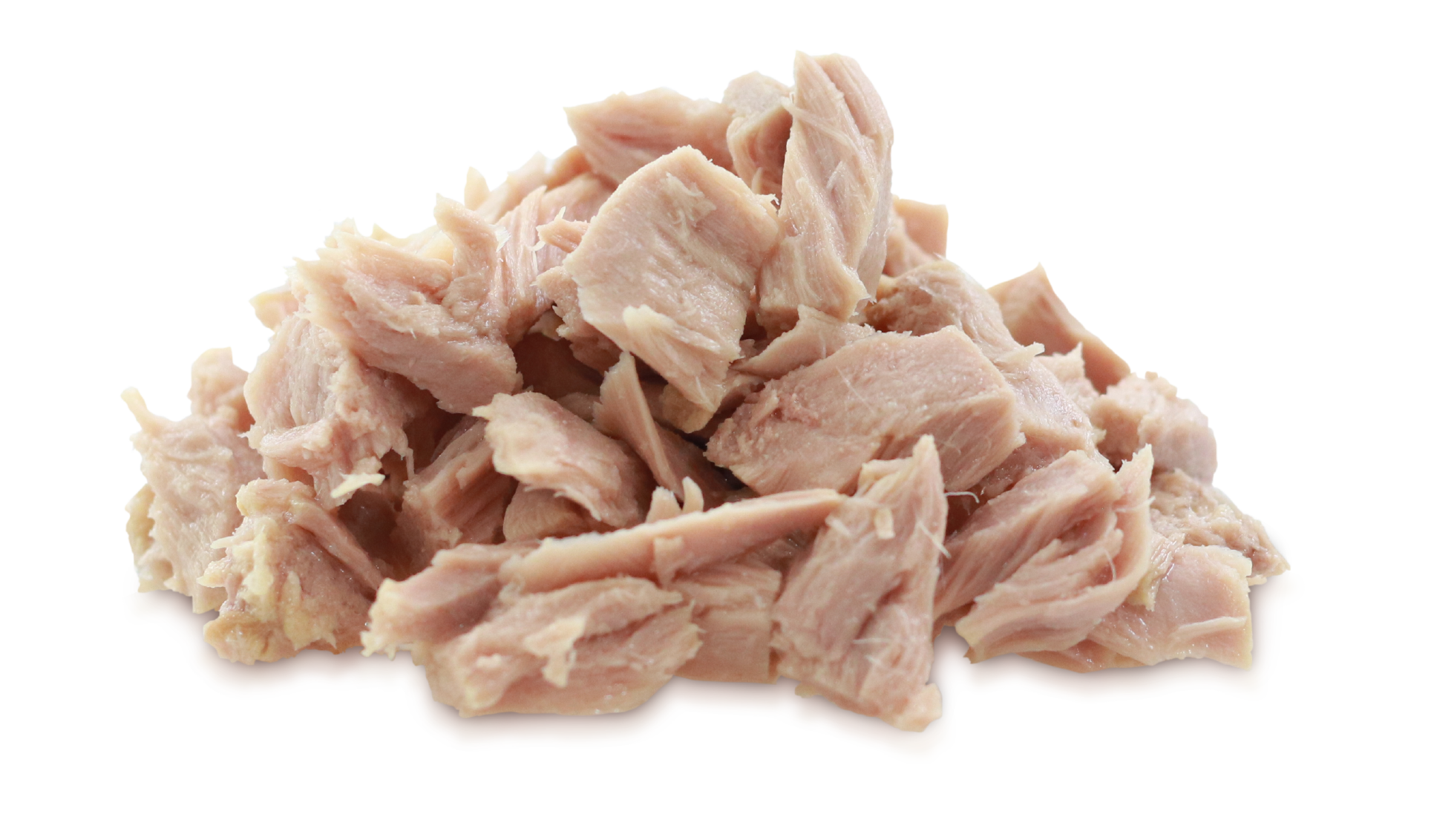
Proteins are essential macronutrients in a healthy diet. The human being needs its contribution for the development and repair of muscles and tissues, as well as to transport some substances in the blood, such as lipids or minerals.
Post-exercise dietary protein intake stimulates post-exercise muscle protein synthesis, stimulating the net increase in muscle protein, and facilitating the adaptive response of skeletal muscle to prolonged exercise training.



Proteins are essential macronutrients in a healthy diet. The human being needs its contribution for the development and repair of muscles and tissues, as well as to transport some substances in the blood, such as lipids or minerals.
Post-exercise dietary protein intake stimulates post-exercise muscle protein synthesis, stimulating the net increase in muscle protein, and facilitating the adaptive response of skeletal muscle to prolonged exercise training.
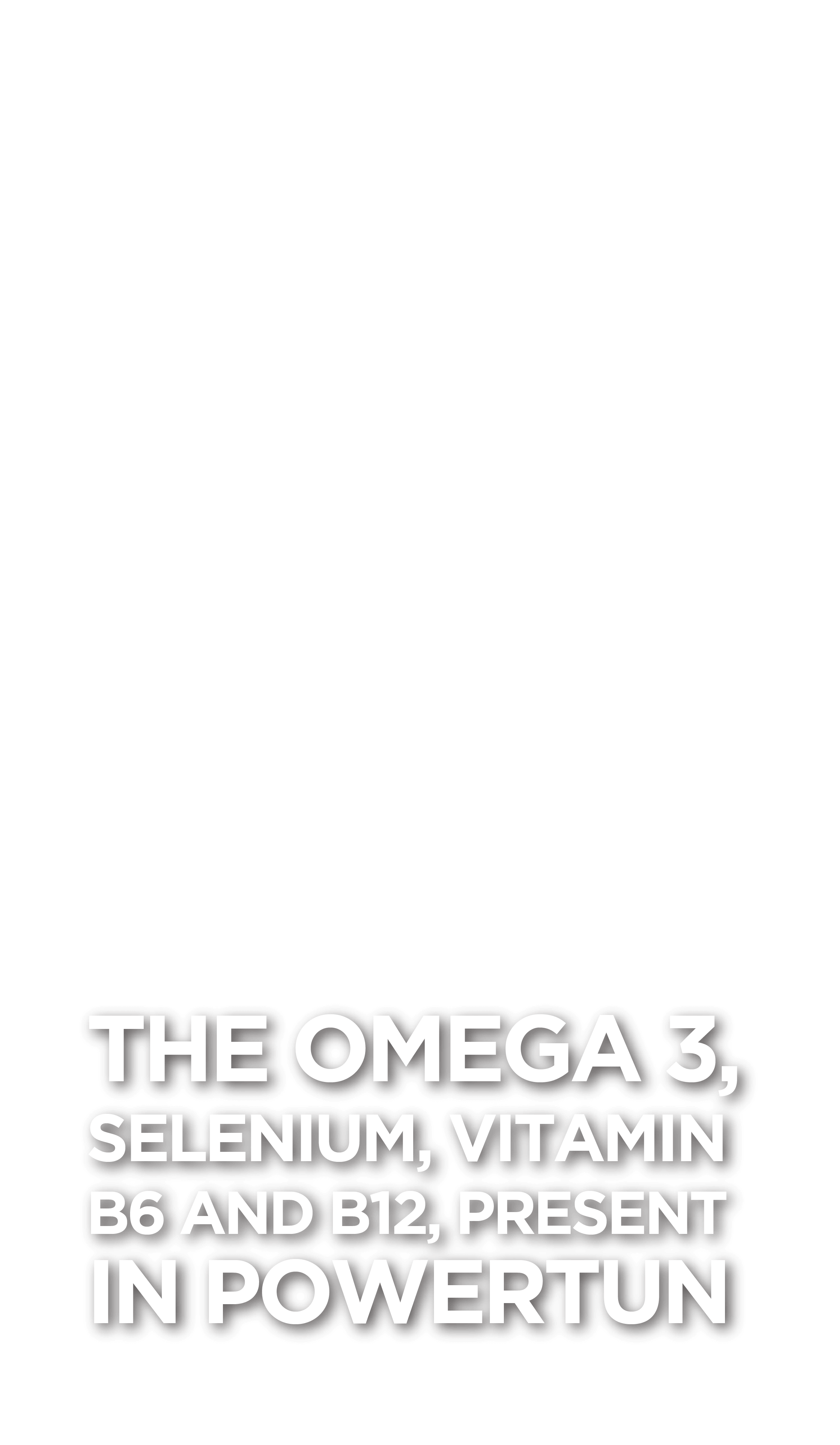
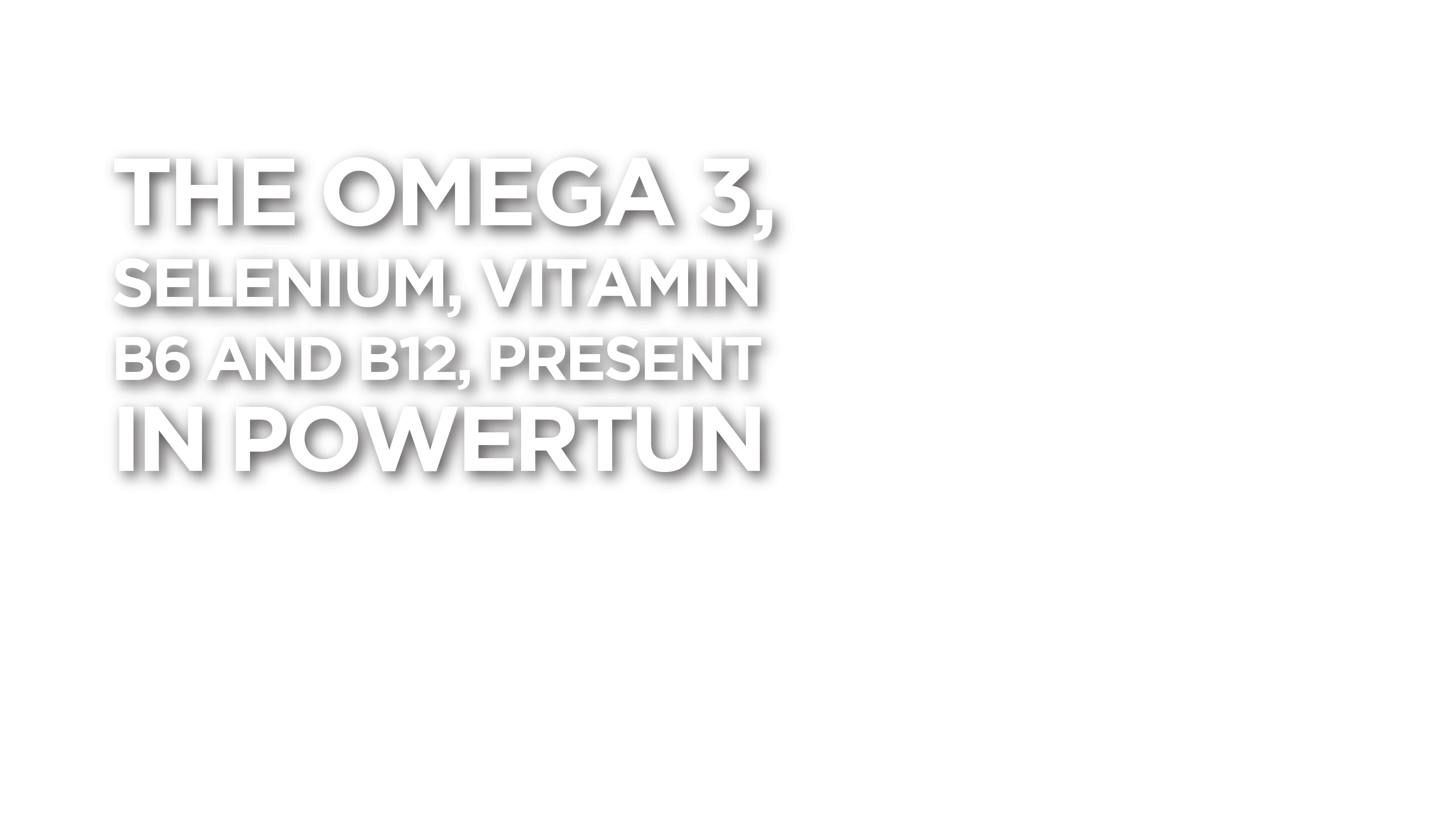
FORTIFIED WITH
VITAMINS AND MINERALS
VITAMIN B1
Thiamin (vitamin B1) helps the body’s cells convert carbohydrates into energy. The main role of carbohydrates is to supply energy to the body, especially the brain and nervous system.
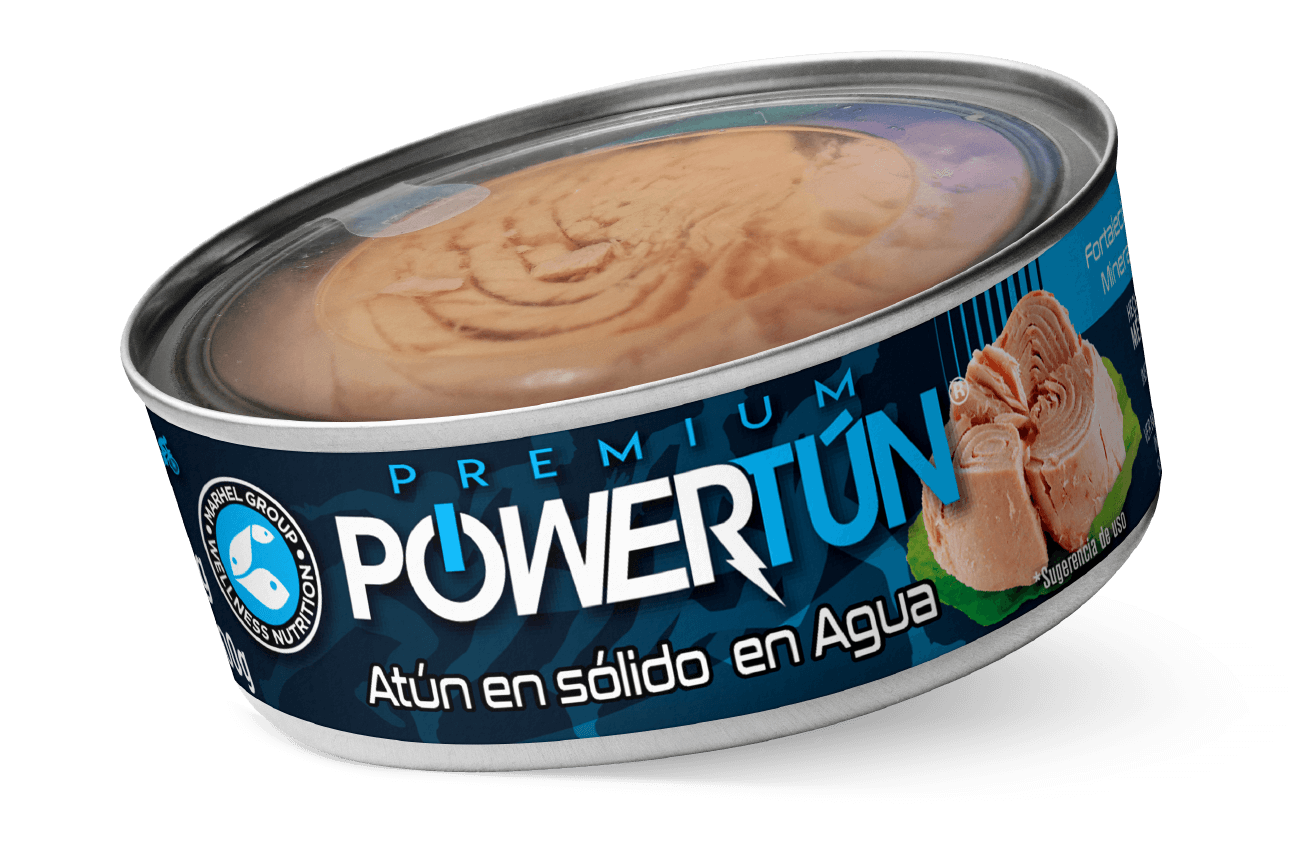
VITAMIN D1
Vitamin D helps the body absorb calcium, one of the main elements that make up bones. Vitamin D plays an important role in the nervous, muscular and immune systems.
VITAMIN C
Vitamin C (ascorbic acid) is a nutrient that the body needs to form blood vessels, cartilage, muscle, and collagen in bones. Vitamin C is also vital to the body’s healing process.
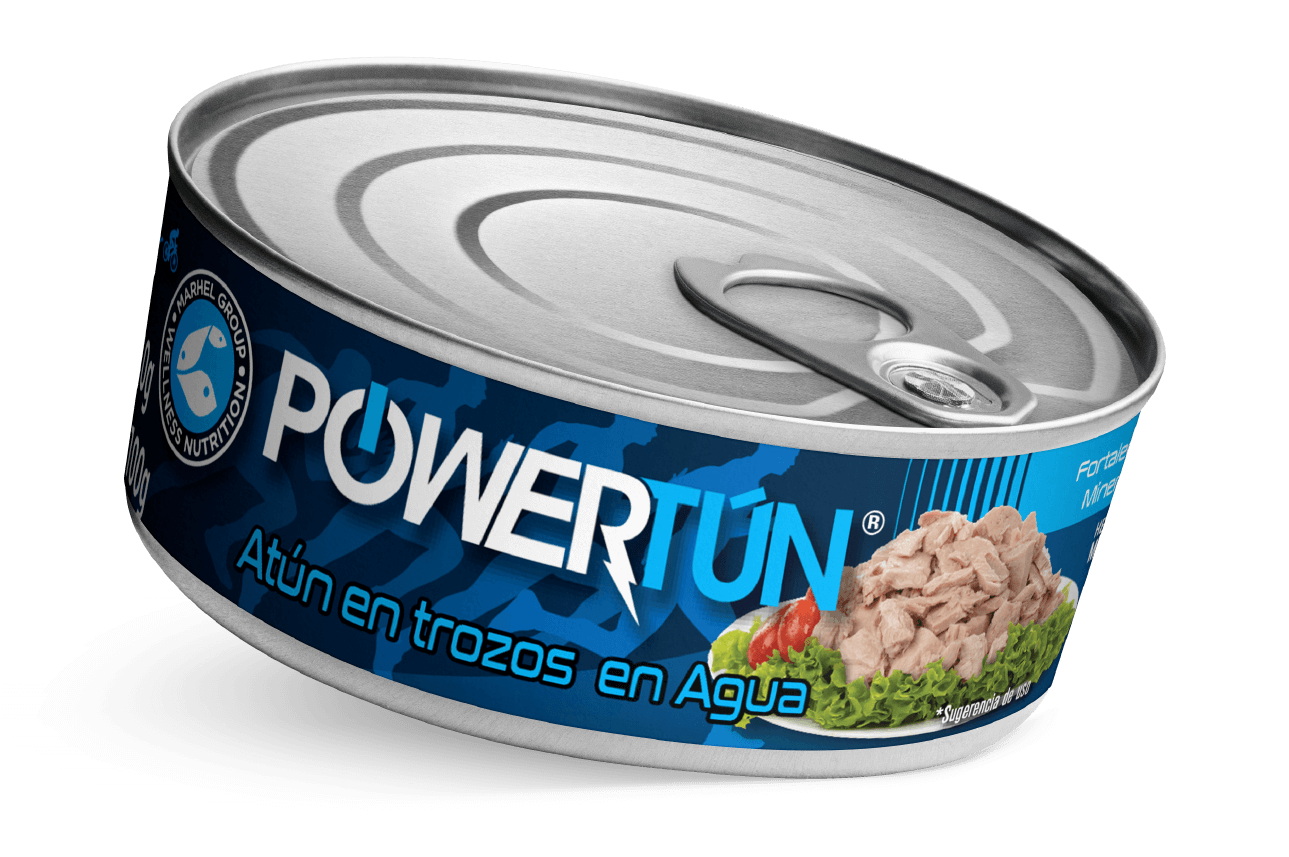
VITAMIN B6
Vitamin B-6 (pyridoxine) is important for normal brain development and for keeping the nervous system and immune system healthy.
POTASSIUM
It is a type of electrolyte. It helps nerve function and muscle contraction and helps keep your heart rate steady. It also allows nutrients to flow into the cells and pushes waste out of the cells.
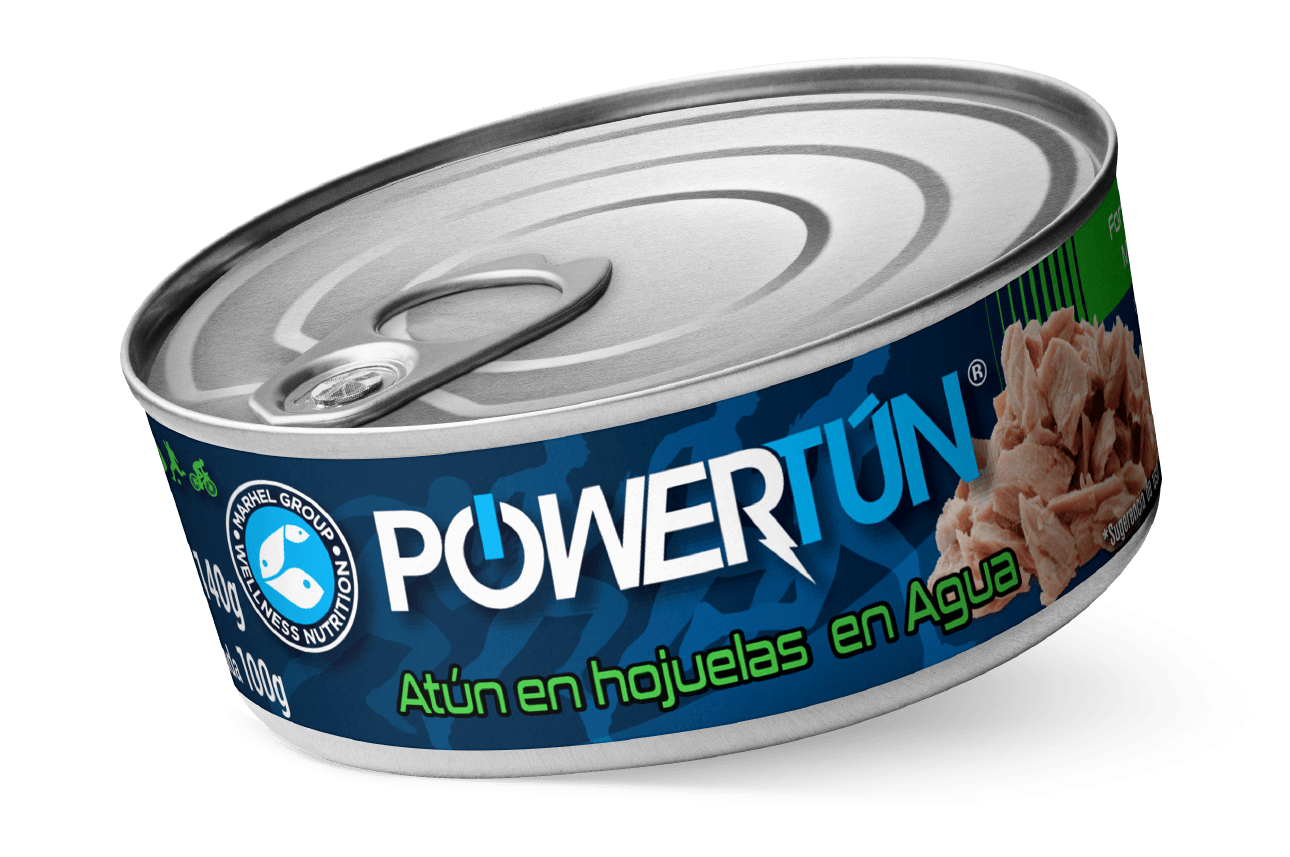
L-CARNITINE
Carnitine is an amino acid whose function is to transport fatty acids into the mitochondria, a cellular organelle that is responsible for supplying the energy necessary for cellular activity.
SELENIUM
Selenium is a nutrient that the body needs to stay healthy. Selenium is important for reproduction, thyroid gland function, DNA production, and protecting the body against infection and free radical damage.
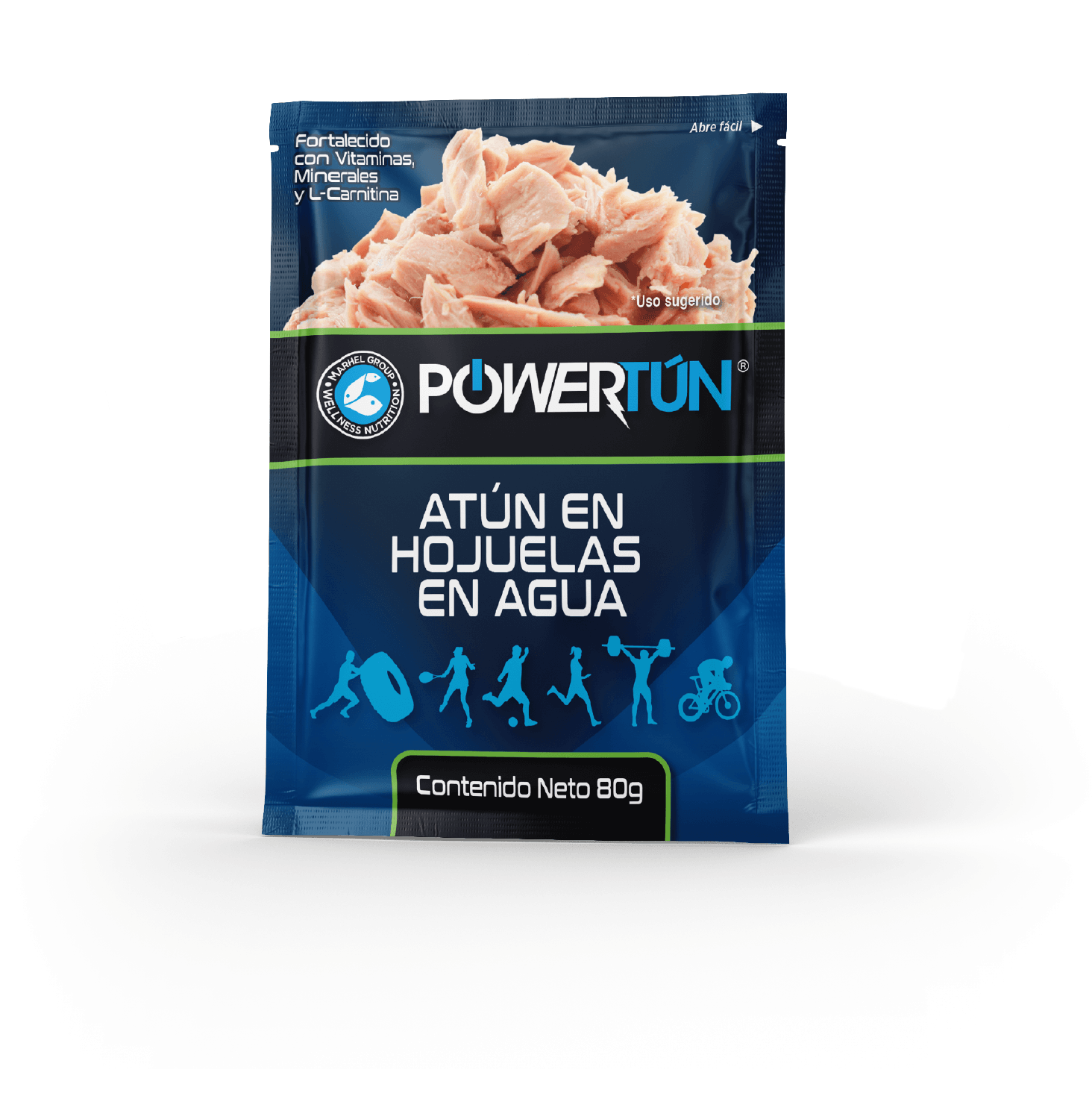
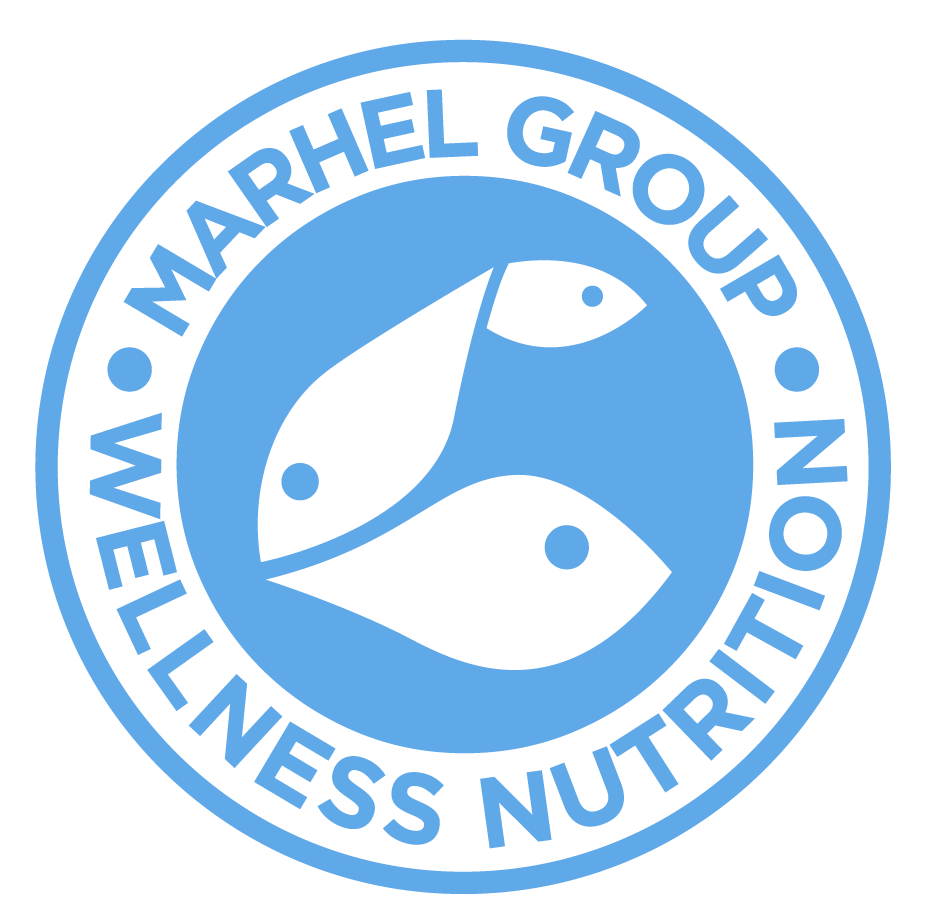
FORTIFIED WITH
VITAMINS AND MINERALS

VITAMIN B1
Thiamin (vitamin B1) helps the body’s cells convert carbohydrates into energy. The main role of carbohydrates is to supply energy to the body, especially the brain and nervous system.
VITAMIN D1
Vitamin D helps the body absorb calcium, one of the main elements that make up bones. Vitamin D plays an important role in the nervous, muscular and immune systems.

VITAMIN C
Vitamin C (ascorbic acid) is a nutrient that the body needs to form blood vessels, cartilage, muscle, and collagen in bones. Vitamin C is also vital to the body’s healing process.
VITAMIN B6
Vitamin B-6 (pyridoxine) is important for normal brain development and for keeping the nervous system and immune system healthy.

POTASSIUM
It is a type of electrolyte. It helps nerve function and muscle contraction and helps keep your heart rate steady. It also allows nutrients to flow into the cells and pushes waste out of the cells.
L-CARNITINE
Carnitine is an amino acid whose function is to transport fatty acids into the mitochondria, a cellular organelle that is responsible for supplying the energy necessary for cellular activity.

SELENIUM
Selenium is a nutrient that the body needs to stay healthy. Selenium is important for reproduction, thyroid gland function, DNA production, and protecting the body against infection and free radical damage.

